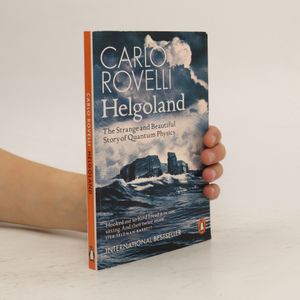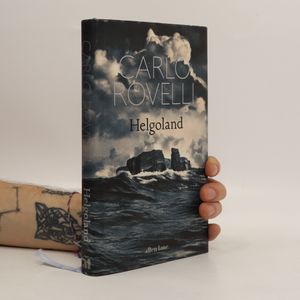Mehr zum Buch
Helgoland is a treeless island in the North Sea where the twenty-three-year-old Werner Heisenberg made the crucial breakthrough for the creation of quantum mechanics, setting off a century of scientific revolution. Full of alarming ideas (ghost waves, distant objects that seem to be magically connected, cats that appear both dead and alive), quantum physics has led to countless discoveries and technological advancements. Today our understanding of the world is based on this theory, yet it is still profoundly mysterious... As scientists and philosophers continue to fiercely debate the meaning of the theory, Rovelli argues that its most unsettling contradictions can be explained by seeing the world as fundamentally made of relationships rather than substances. We and everything around us exist only in our interactions with one another. This bold idea suggests new directions for thinking about the structure of reality and even the nature of consciousness.
Buchkauf
Helgoland, Carlo Rovelli
- Sprache
- Erscheinungsdatum
- 2022
- product-detail.submit-box.info.binding
- (Paperback)
Hier könnte deine Bewertung stehen.





